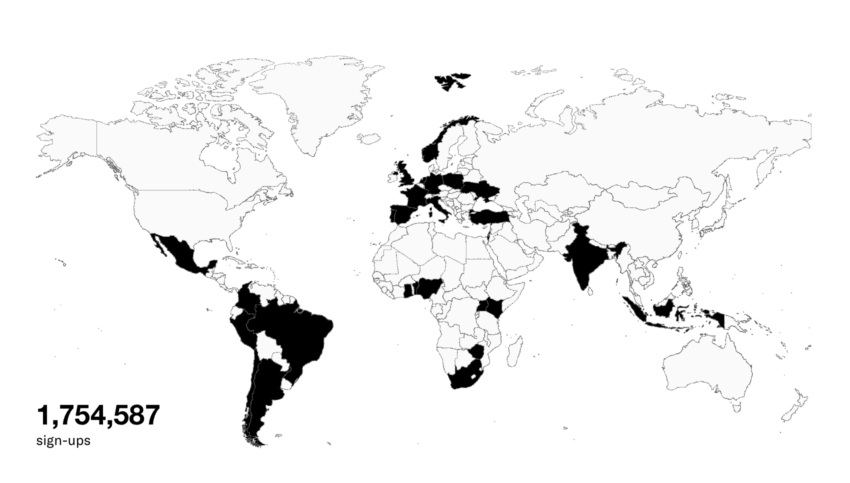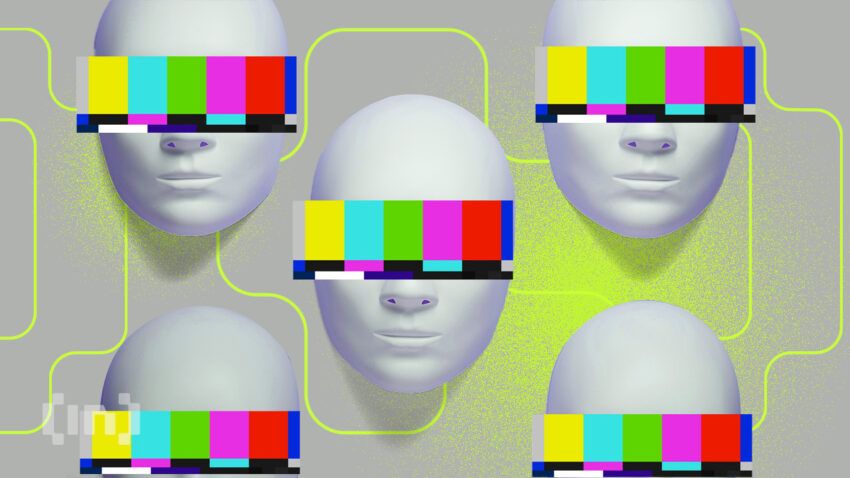OpenAI CEO Sam Altman’s digital identity startup gets $115 million in funding from investors to create digital IDs on the Worldcoin blockchain and combat the rise of artificial intelligence.
Tools for Humanity raised money from a16z, Bain Capital and Distributed Global to store peoples’ IDs on the blockchain by scanning their irises.
Tools for Humanity Signals Intent With New Capital
According to Tools’ CEO Alex Bania, the company will hire new employees with the new capital. Bania said the newfound funding indicates the firm’s seriousness in proceeding on a project people once mocked for being too outlandish.
He added that new artificial intelligence technology is increasing the importance of distinguishing the real from the synthetic.
Google recently announced upcoming watermarking and metadata tools to verify a file’s authenticity amid the recent flood of synthetic content.
Tools for Humanity will store identities on its decentralized Worldcoin blockchain. The project has already garnered 1.7 million registrations.
The company believes the blockchain can be useful in distributing basic income through its combination of cryptocurrencies and digital identity.

While Bain declined to update the firm’s valuation after its most recent funding round, Tools for Humanity was worth $1 billion last year.
Last year, Bain predicted the company would scan 20 million to 30 million irises. It is still far away from that target.
Iris Project Stalled Amid Privacy Concerns
The project initially stalled after scanning the eyes of hundreds of thousands of people. It was hampered by logistical issues as contractors abandoned the project and regulators expressed privacy concerns.
Contractors are paid for each iris they register using a smartphone. The firm intends open-sourcing the design of its orb scanner to demonstrate its commitment to privacy.
Ironically, early participants had to sign waivers to allow the company to train its artificial intelligence model with high-quality images of their irises.
Additionally, the firm is using AI-trained scanning equipment to help distinguish the real from the synthetic.
Worldcoin’s price is down 9.2% in the previous 24 hours.
For BeInCrypto’s latest Bitcoin (BTC) analysis, click here.
Disclaimer
In adherence to the Trust Project guidelines, BeInCrypto is committed to unbiased, transparent reporting. This news article aims to provide accurate, timely information. However, readers are advised to verify facts independently and consult with a professional before making any decisions based on this content. Please note that our Terms and Conditions, Privacy Policy, and Disclaimers have been updated.


